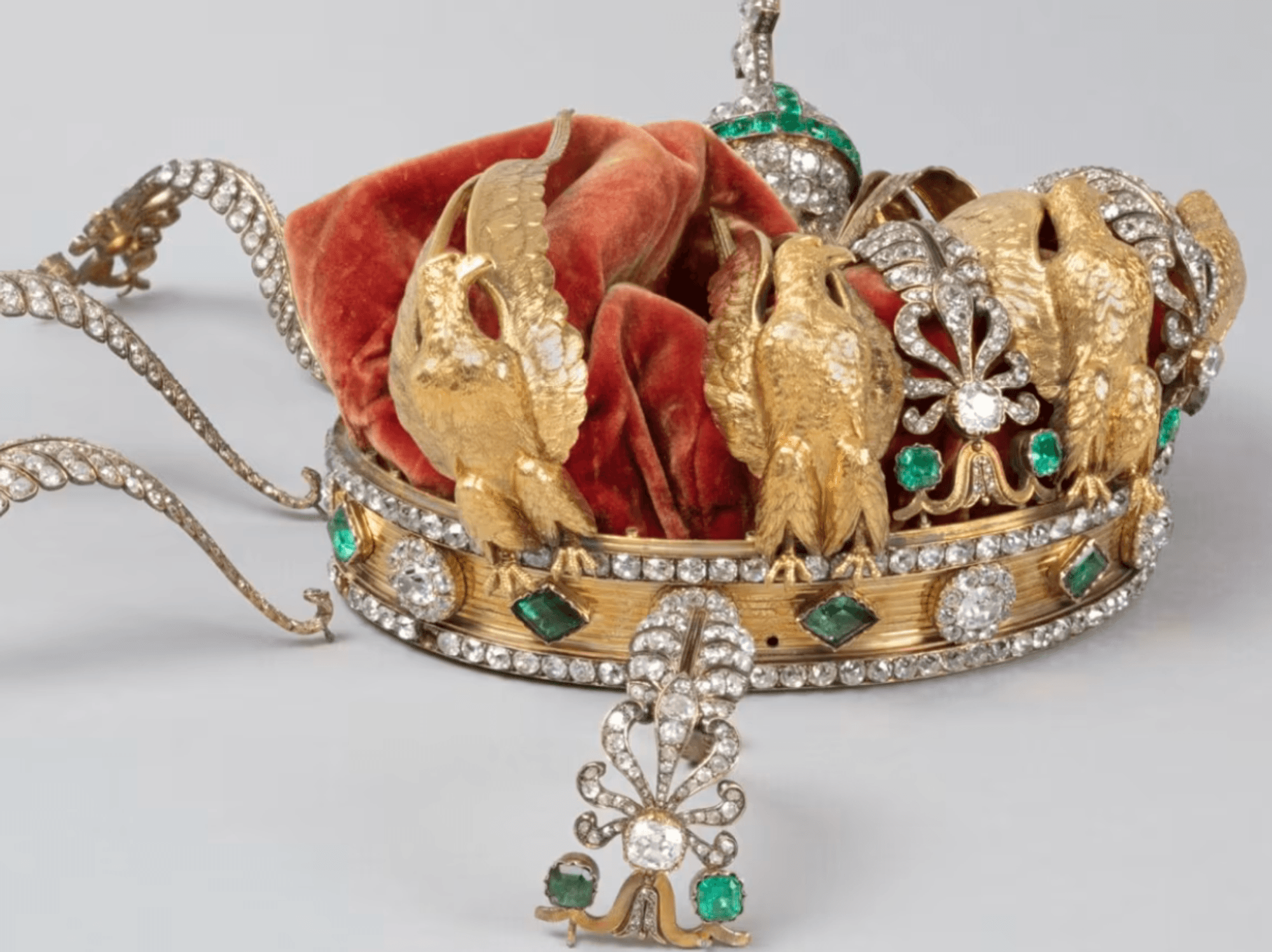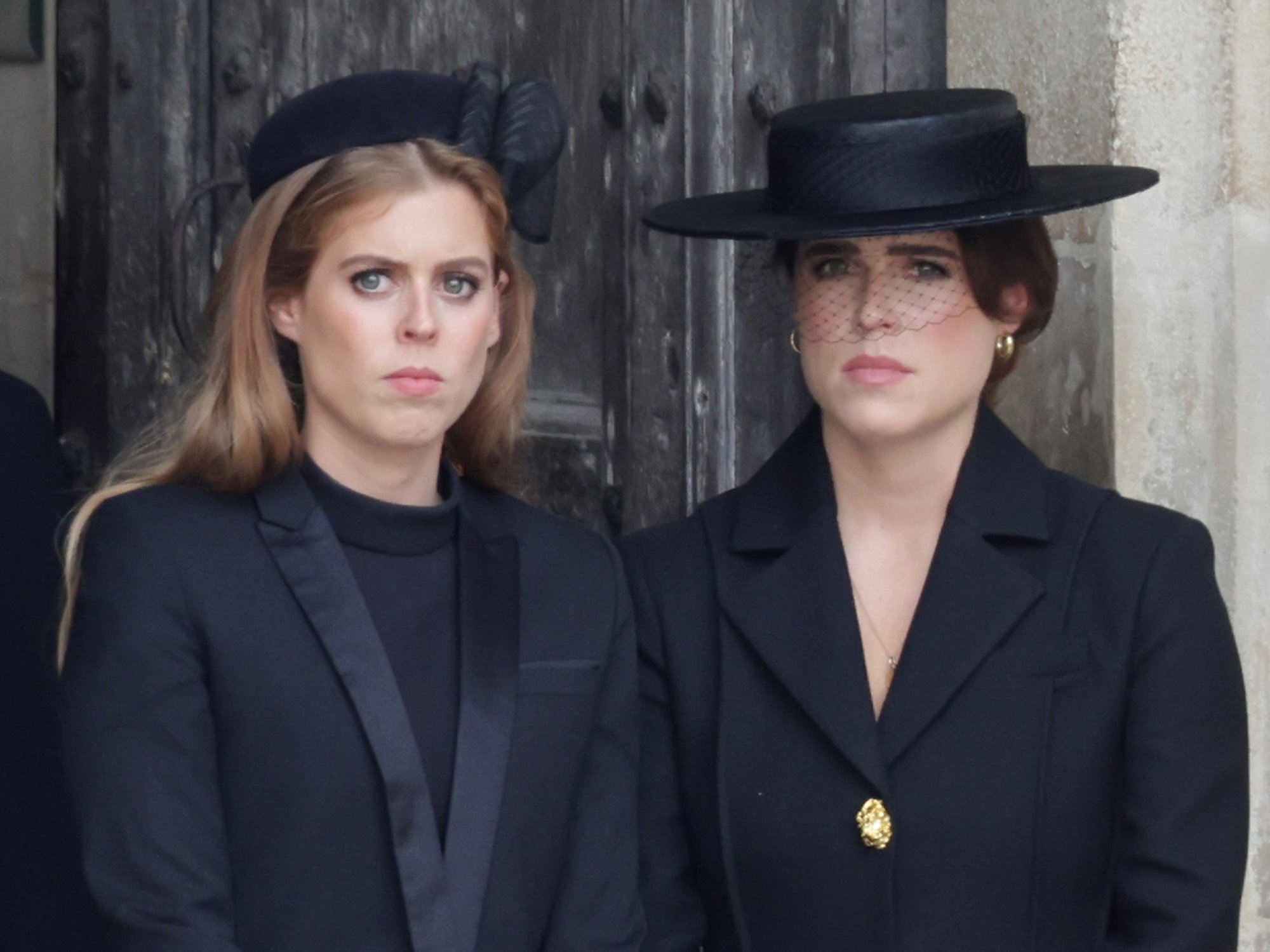Archaeology breakthrough as unfinished sculptures discovered in ancient workshop on Greek Island

Archaeologists collected a substantial quantity of pottery
Don't Miss
Most Read
Latest
Archaeologists have uncovered a remarkable collection of unfinished marble sculptures and ancient workshop remains on the Greek island of Paros, offering fresh insights into classical craftsmanship.
The excavation at the Floga archaeological site revealed semi-finished sculptures, primarily depicting Aphrodite, alongside clay stamps, moulds and pottery fragments dating from the late 5th to 4th century BC.
Greece's Ministry of Culture announced the findings in May, describing the discoveries as "of exceptional interest."
The site, which archaeologists have studied since the mid-1980s, yielded new architectural remains during the latest dig, including rooms with walls preserved at what officials called an "impressive height."
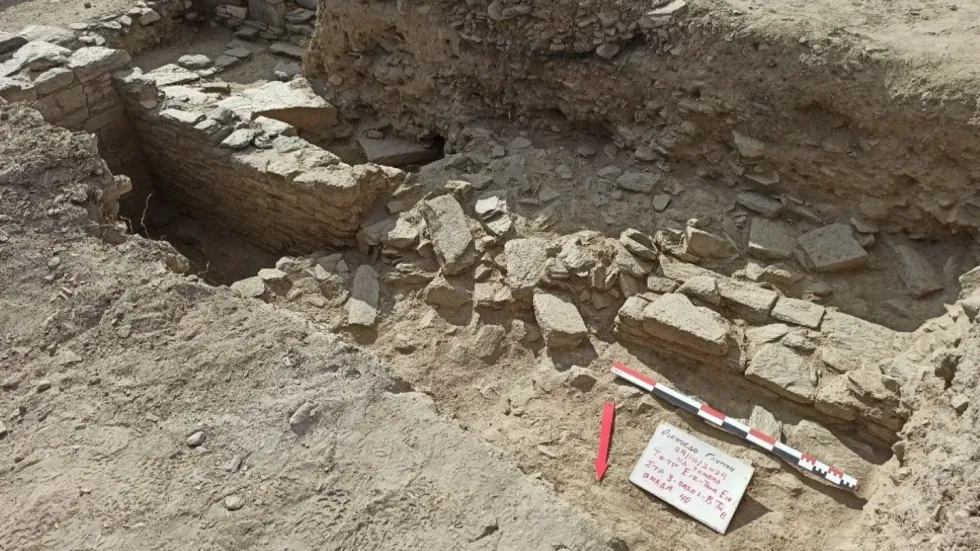
Archaeologists have uncovered a remarkable collection of unfinished marble sculptures and ancient workshop remains on the Greek island of Paros
|Greece Ministry of Culture
The excavation uncovered "new architectural remains" that were "founded on earlier constructions, documenting the site's continuous use over time," according to the ministry's statement.
Officials noted that the latest remains connect to earlier phases dating from the late 5th to 4th century BC.
Among the finds were "semi-finished marble sculptures, mainly of Aphrodite, clay heads of female figures, as well as clay molds and stamps," the statement said.
Archaeologists also collected a substantial quantity of pottery.
LATEST DEVELOPMENTS:
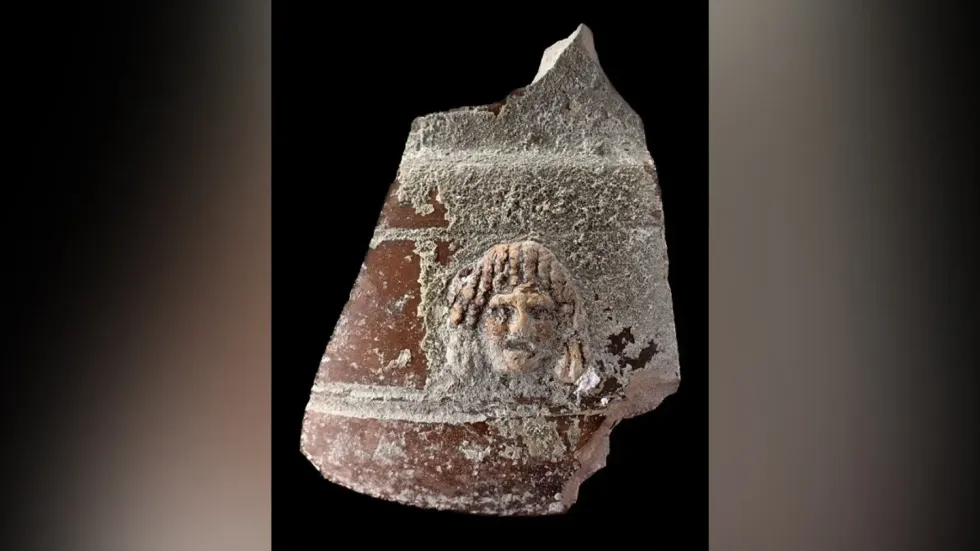
Archaeologists also collected a substantial quantity of pottery
|Greece Ministry of Culture
The earlier installations included fragments of vessels, primarily tableware for eating and drinking, with fewer utilitarian or storage items.
These finds "document the residential use of the site during the Classical period," officials said.
Archaeologists determined that the site underwent reorganisation at the end of the third century BC, functioning as both living quarters and a sculpture workshop.
The ministry stated: "The discovery of a room with a pebble floor and sections of wall painting imitating marble slabs, identified as an andron (men's room), reinforces this interpretation."
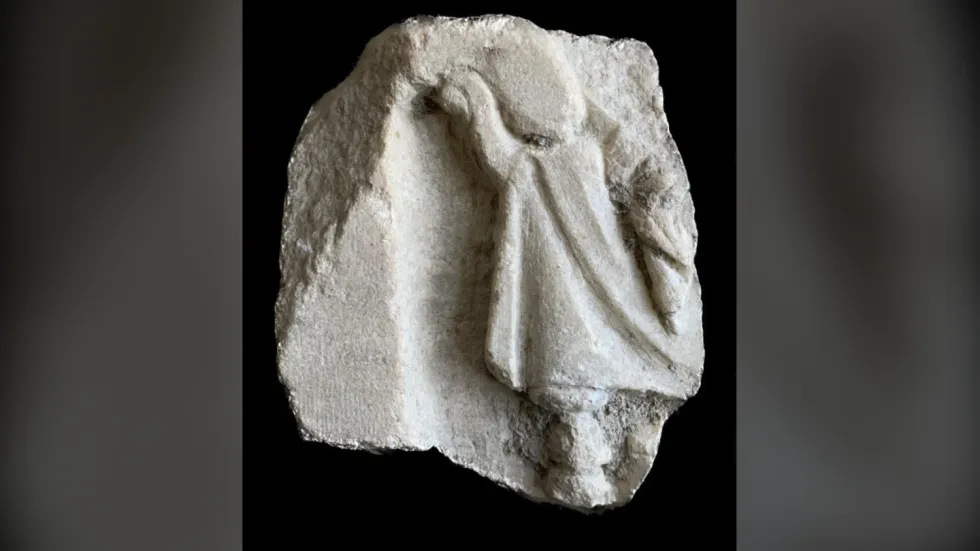
Greece's Ministry of Culture announced the findings in May, describing the discoveries as 'of exceptional interest'
|Greece Ministry of Culture
The workshop's purpose became evident through physical evidence found in the courtyard.
Officials explained: "The extensive layer of marble chips deposited in the courtyard, covering the earlier phases, and the large number of semi-finished sculptures, document the additional use of the site as a sculpture workshop."
The Floga site continues to yield significant archaeological discoveries, contributing to understanding of ancient Greek craftsmanship and daily life.








